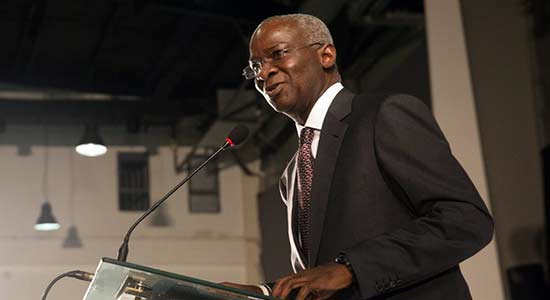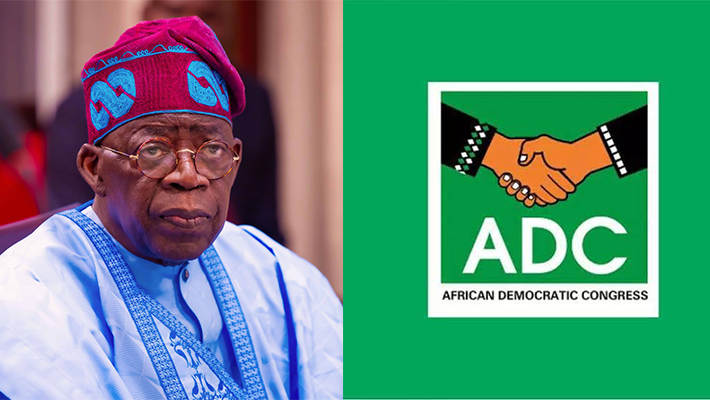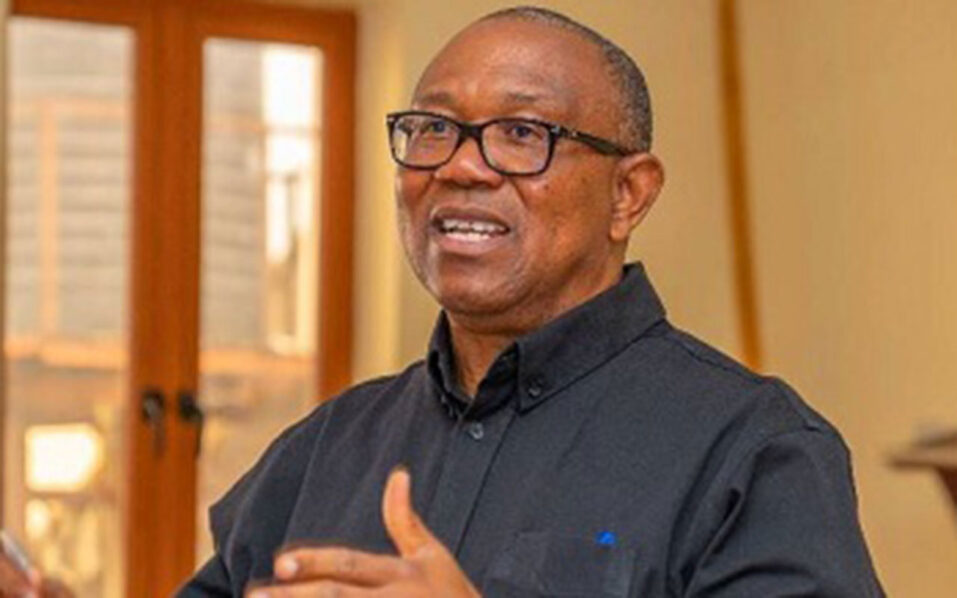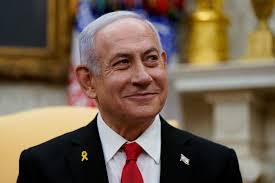Rafah, Gaza Strip – Palestinians in Gaza have expressed fury and defiance following remarks by former U.S. President Donald Trump, who suggested that Gazans should relocate to Egypt or Jordan amid ongoing conflict.
“Trump thinks Gaza is a pile of garbage—absolutely not,” said Hatem Azzam, a 34-year-old resident of Rafah. Azzam condemned Trump’s comments, particularly his statement last week about plans to ‘clean out the whole thing’, calling the former president “delusional.”
“He wants to force Egypt and Jordan to take in migrants, as if they were his personal farm,” Azzam told AFP.
Both Egypt and Jordan have rejected Trump’s suggestion, as have Gazans and neighboring nations, reinforcing their stance that Palestinians will not leave their homeland.
‘We Will Not Leave’
Azzam’s outrage comes as Trump and Israeli Prime Minister Benjamin Netanyahu prepare to meet in Washington on Tuesday, where they are expected to discuss plans for Gaza after more than 15 months of war.
“Trump and Netanyahu must understand the reality of the Palestinian people,” Azzam said. “This is a people deeply rooted in their land—we will not leave.”
Ihab Ahmed, 30, another Rafah resident, echoed these sentiments, criticizing Trump and Netanyahu for failing to grasp the deep connection Palestinians have to their land.
“We will remain on this land no matter what. Even if we have to live in tents and on the streets, we will stay rooted in this land,” Ahmed declared.
Ahmed pointed to the lessons of 1948, when hundreds of thousands of Palestinians were forcibly displaced following the creation of Israel and were never allowed to return.
“The world must understand this message: we will not leave, as happened in 1948.”
Fears of Forced Displacement
In Jabalia, one of the areas hardest hit by the war, Raafat Kalob expressed concern over the Trump-Netanyahu meeting, fearing it could set the stage for further forced displacement of Palestinians.
“I expect Netanyahu’s visit to Trump to reflect his future plans to forcibly displace the Palestinian people and redraw the Middle East,” Kalob said. “I sincerely hope this plan does not succeed.”
Standing near war-ravaged buildings, Kalob pointed to rows of tents erected by charities for displaced Palestinians who have returned since the January 19 ceasefire. The tents stand in the shadow of bombed-out buildings, their facades pockmarked with bullet holes and shattered windows.
Despite the fragile ceasefire and ongoing negotiations between Israel and Hamas, many Palestinians remain skeptical about the future.
“Trump will pressure Netanyahu to end this war permanently,” Kalob said, adding that lasting peace remains uncertain.
‘This Land Is Ours’
Among those who lost their homes in the war is Zebda, a father of six, who remains steadfast in his commitment to Gaza.
“We are the owners of this land; we have always been here and will always be. The future is ours,” he said.










